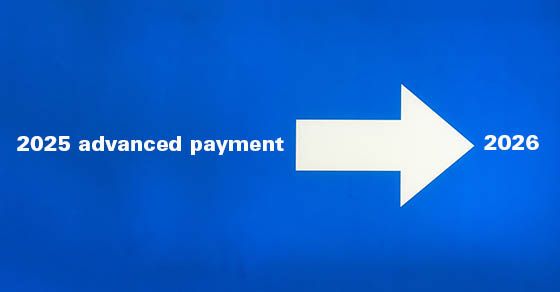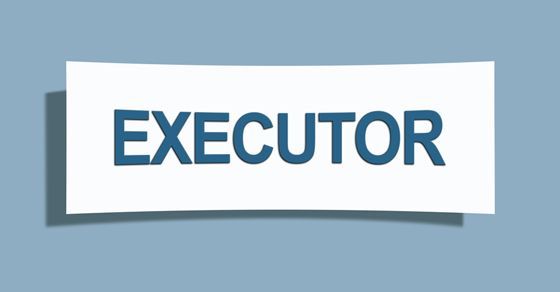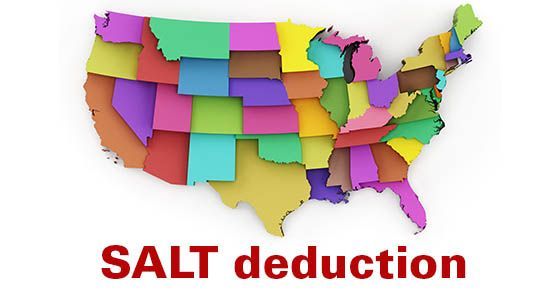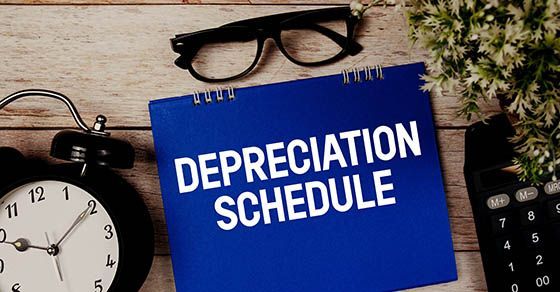So many KPIs, so much time: An overview for businesses
From the moment they launch their companies, business owners are urged to use key performance indicators (KPIs) to monitor performance. And for good reason: When you drive a car, you’ve got to keep an eye on the gauges to keep from going too fast and know when it’s time to service the vehicle. The same logic applies to running a business.
As you may have noticed, however, there are many KPIs to choose from. Perhaps you’ve tried tracking some for a while and others after that, only to become overwhelmed by too much information. Sometimes it helps to back up and review the general concept of KPIs so you can revisit which ones are likely best for your business.
Financial metrics
One way to make choosing KPIs easier is to separate them into two broad categories: financial and nonfinancial. Starting with the former, you can subdivide financial metrics into smaller buckets based on strategic objectives. Examples include:
Growth. Like most business owners, you’re probably looking to grow your company over time. However, if not carefully planned for and tightly controlled, growth can land a company in hot water or even put it out of business. So, to manage growth, you may want to monitor basic KPIs such as:
- Debt to equity: total debt / shareholders’ equity, and
- Debt to tangible net worth: total debt / net worth – intangible assets.
Cash flow management. Maintaining or, better yet, strengthening cash flow is certainly a good aspiration for any company. Poor cash flow — not slow sales or lagging profits — often leads businesses into crises. To help keep the dollars moving, you may want to keep a close eye on:
- Current ratio: current assets / current liabilities, and
- Days sales outstanding: accounts receivable / credit sales × number of days.
Inventory optimization. If your company maintains inventory, you’ll no doubt want to set annual, semiannual or quarterly objectives for how to best move items on and off your shelves. Many businesses waste money by allowing slow-moving inventory to sit idle for too long. To optimize inventory management, consider KPIs such as:
- Inventory turnover: cost of goods sold / average inventory, and
- Average days to sell inventory: average inventory / cost of goods sold × number of days in period.
Nonfinancial metrics
Not every KPI you track needs to relate to dollars and cents. Companies often use nonfinancial KPIs to set goals, track progress and determine incentives in areas such as customer service, sales, marketing and production. Here are two examples:
- Let’s say you decide to set a goal to resolve customer complaints faster. To determine where you stand, you could calculate average resolution time. This KPI is usually expressed as total time to resolve all complaints divided by number of complaints resolved. In many industries, a common benchmark is 24 to 48 hours.
- Perhaps you want to increase the number of sales leads you close. In this case, the KPI could be sales close rate, which is typically calculated by dividing number of closed deals by number of sales leads. Benchmarks for this metric vary by industry, but somewhere around 20% is generally considered good.
Nonfinancial KPIs enable you to do more than just say, “Let’s provide better customer service!” or “Let’s close more sales!” They allow you to assign specific data points to business activities, so you can objectively determine whether you’re getting better at them.
Scalable measurements
The sheer number of KPIs — both financial and nonfinancial — will probably only grow. The good news is, you’ve got time. Choose a handful that make the most sense for your company and track them over a substantial period. Then, make adjustments based on the level of insight they provide.
You can also scale up how many metrics you track as your business grows or scale them down if you’re pumping the brakes. Our firm can help you identify the optimal KPIs for your company right now and integrate new ones in the months or years ahead.
© 2025










